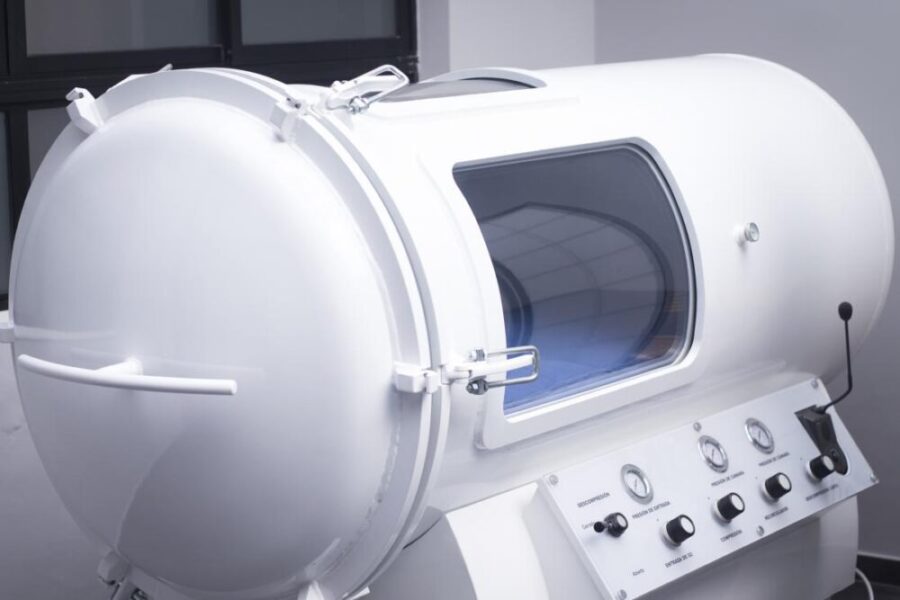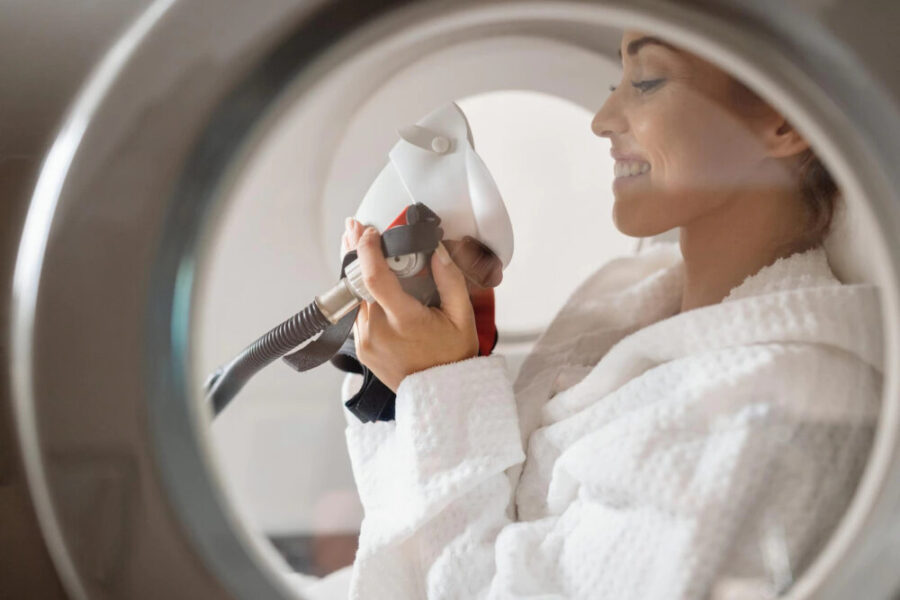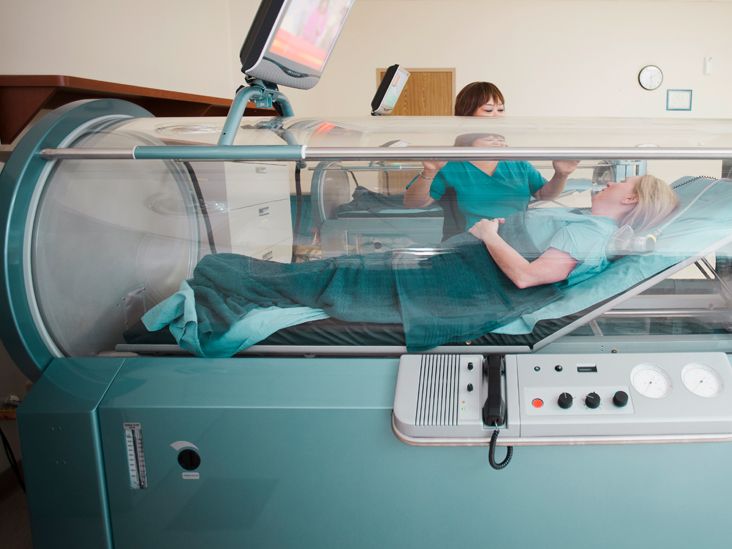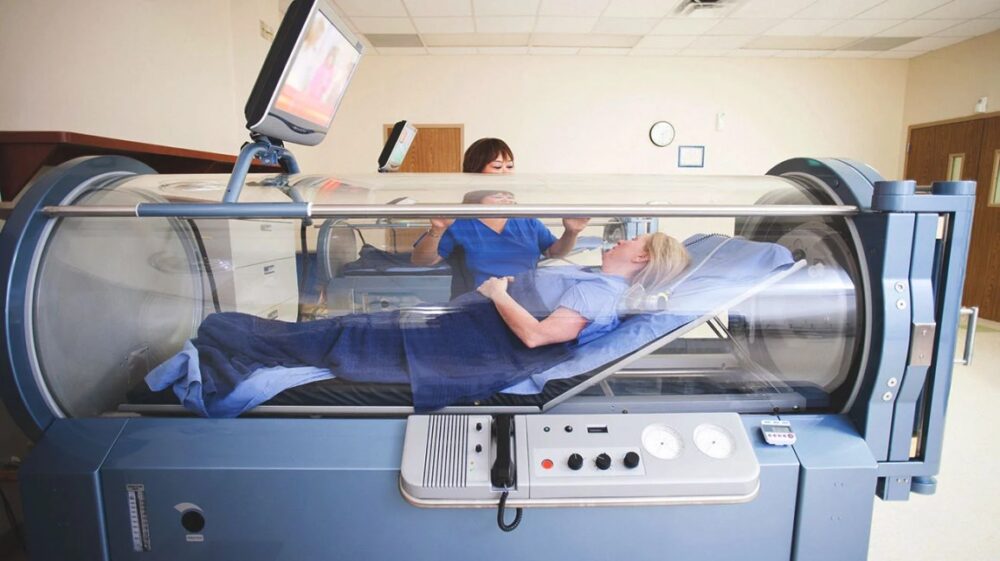When to Avoid Hyperbaric Oxygen Therapy: Insights and Advice from Experts
Hyperbaric Oxygen Therapy (HBOT) has emerged as a cutting-edge treatment, offering hope for patients with a variety of medical conditions. This therapy involves breathing pure oxygen in a pressurized chamber, which can enhance the body’s natural healing process. However, it’s not suitable for everyone. Through expert insights, this article sheds light on when HBOT should be avoided, ensuring patients make informed decisions about their health.
Understanding the Basics of HBOT

Source: twitter.com
By raising your blood’s oxygen-carrying capacity, HBOT helps your body fight infection and promote recovery. Experts point out that higher pressure causes oxygen to dissolve into the circulation more easily, allowing it to reach areas that would otherwise be difficult to access. This is particularly relevant in specialized treatment centers, such as those offering hyperbaric oxygen chambers Beverly Hills, where state-of-the-art facilities are utilized to treat disorders brought on by restricted blood flow.
By leveraging advanced HBOT technology, these centers can hasten the healing of wounds and aid in the battle against certain infections, demonstrating the therapy’s versatility and effectiveness in enhancing patient care.
The therapy has shown promise in treating a wide range of conditions, including but not limited to, diabetic foot ulcers, certain infections, radiation injuries, and carbon monoxide poisoning. Medical professionals advocate for HBOT in these scenarios due to its ability to enhance tissue repair, reduce inflammation, and support the body’s defense mechanisms. Each case is assessed individually, considering the patient’s overall health and specific medical history.
When HBOT is Not Recommended

Source: linkedin.com
Certain conditions categorically exclude patients from undergoing HBOT due to the heightened risk of adverse effects. These include untreated pneumothorax, certain types of ear and sinus issues, and specific lung conditions. In such cases, the risks far outweigh the potential benefits. Medical experts underline the importance of a thorough medical evaluation before considering HBOT to identify any such contraindications.
Besides absolute no-gos, there are conditions where HBOT should be approached with caution. This includes patients with certain cardiac issues, uncontrolled high fever, or a history of certain chemotherapies. Here, the decision to proceed with HBOT must be carefully weighed against potential risks, often requiring interdisciplinary consultation among healthcare providers.
Expert Advice for Potential Candidates

Prospective HBOT candidates should engage in an open dialogue with their healthcare providers, discussing their medical history, current health status, and the specific reasons for considering HBOT. This collaborative approach ensures that the decision is well-informed and aligned with the patient’s overall health strategy.
The decision to undergo Hyperbaric Oxygen Therapy should be based on a careful assessment of its potential benefits against the risks and contraindications. Experts advise patients to consider alternative treatments when the risks of HBOT outweigh its expected benefits, particularly in cases where contraindications exist.
Conclusion
In conclusion, while Hyperbaric Oxygen Therapy offers significant benefits for certain conditions, it’s not a one-size-fits-all solution. By understanding when to avoid HBOT, patients can make informed decisions that prioritize their health and safety, guided by the advice of medical professionals.



















